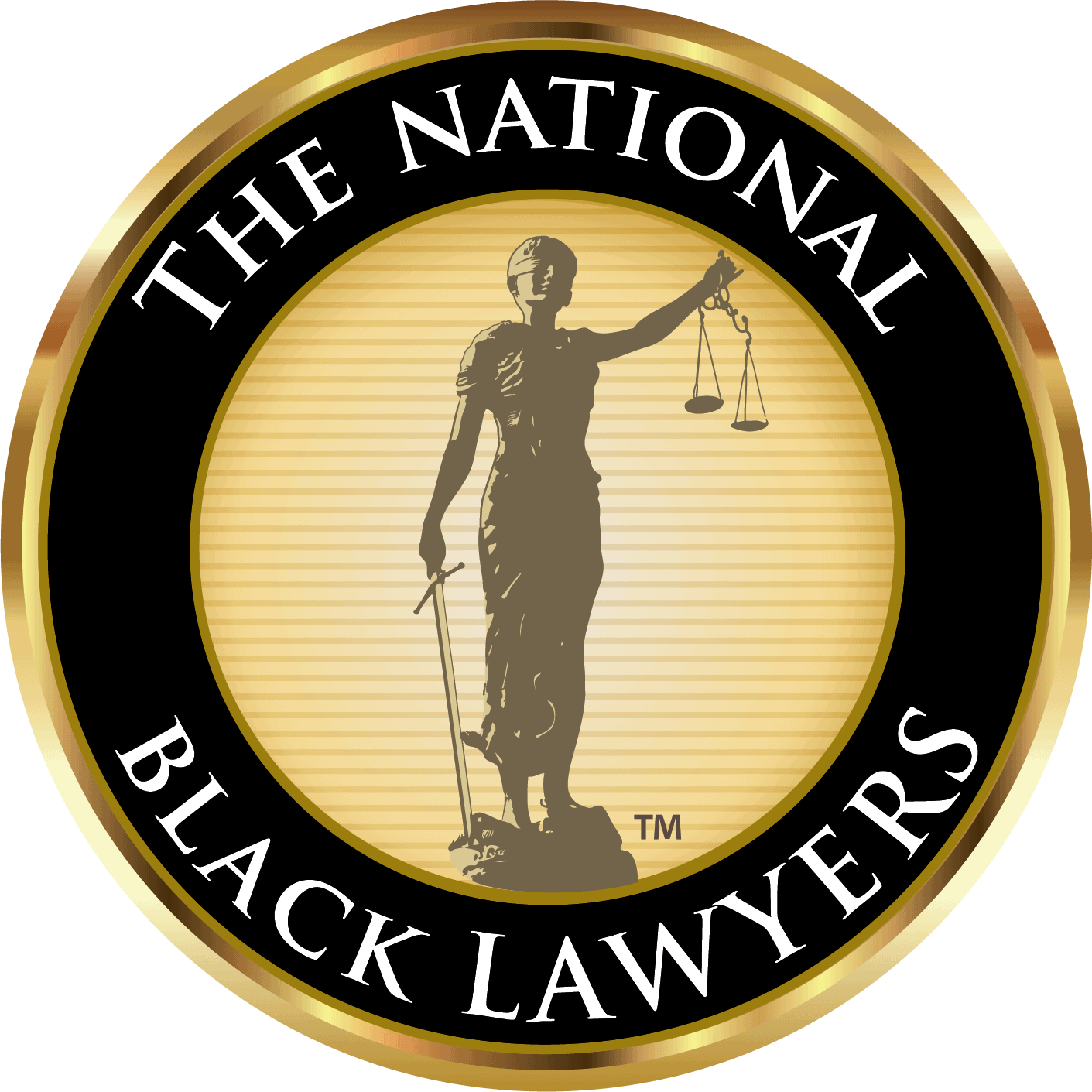
A Missouri grand jury has been hearing evidence for months as it weighs whether to indict Ferguson police officer Darren Wilson in the Aug. 9 fatal shooting of Michael Brown, which was followed by sometimes violent protests. Some answers to common questions about the grand jury:
———
Q: What is the grand jury deciding?
A: The grand jury is considering whether there is enough evidence to charge someone with a crime and, if so, what that charge should be. If the jury issues an indictment, a separate jury will be selected to decide whether the person is guilty.
———
Q: When will they make a decision?
A: There is no specific date for a decision to be revealed. St. Louis County Prosecuting Attorney Bob McCulloch has said he expects grand jurors to reach a decision in mid- to late November on whether to indict Wilson. But that timing ultimately is up to the grand jury.
———
Q: How many people are on the grand jury and how are they selected?
A: A grand jury is composed of 12 people "selected at random from a fair cross-section of the citizens," according to Missouri law. The grand jury in the Brown case is 75 percent white: six white men, three white women, two black women and one black man. St. Louis County overall is 70 percent white, but about two-thirds of Ferguson's residents are black. Brown was black. The officer is white.
———
Q: Is the grand jury appointed for a specific case?
A: No. It's appointed for a four-month term. The current grand jury's term was due to expire Sept. 10. That same day, county Judge Carolyn Whittington extended the term to Jan. 7 — the longest extension allowable by state law. The investigation was always expected to go longer than the typical grand jury term.
———
Q: How often do grand jurors meet?
A: As their schedules allow. For example, they might meet once a week.
———
Q: Who is inside the grand jury room?
A: The jury, a prosecutor and a witness. Grand jury proceedings are closed to the public.
———
Q: What happens when the grand jury convenes?
A: Prosecutors present evidence and summon witnesses to testify. A grand jury is a powerful tool for investigating crimes because witnesses must testify unless they invoke the 5th Amendment of the U.S. Constitution, which protects against self-incrimination.
Typically, grand jurors hear a condensed version of the evidence that might be presented at a trial, since they are determining only whether probable cause exists to indict someone, not whether that person is guilty. In the Ferguson case, grand jurors are receiving more extensive evidence and testimony.
———
Q: Who has testified to the grand jury?
A: Wilson testified in his own defense. Other witnesses and forensic experts have also testified, including Dr. Michael Baden, who performed a private autopsy on Brown on behalf of his family.
———
Q: What charges does Missouri allow in homicide cases?
A: At the lower end is second-degree involuntary manslaughter, which is defined as acting with criminal negligence to cause a death. It is punishable by up to four years in prison.
Continue Reading
